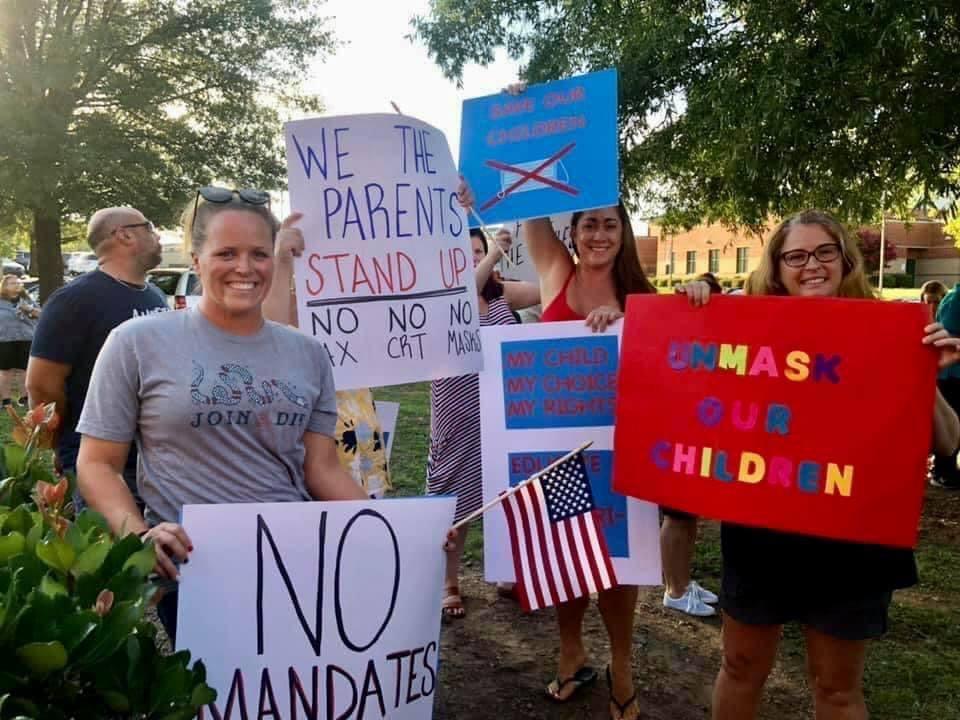The North Carolina School Boards Association (NCSBA) withdrew its membership from the National School Boards Association (NSBA) on Thursday.
NCSBA’s separation follows the South Carolina, Ohio, and Missouri School Board Associations’ cutting ties from the NSBA after its Sept. 29 letter to the White House comparing parents to domestic terrorists.





